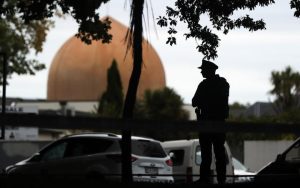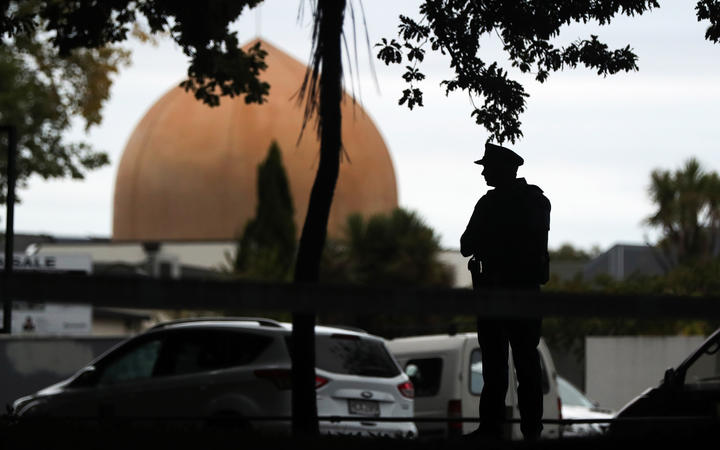
8 July 2019
MEDIA STATEMENT
The Royal Commission of Inquiry into the Attack on Christchurch Mosques is providing the fourth update on its inquiry as it welcomes further public submissions. Many submissions already received are providing significant value to the inquiry. “We will continue to engage with people and members of the community in a range of ways. Making a submission is an option open to anyone who wishes to share information to help us with our inquiry,” says the Chair of Royal Commission, Sir William Young. The Royal Commission is continuing with its iterative and inquisitorial process, with initial meetings and further meetings held in the last month covering a wide range of topics and issues that are both forward and backward looking. “In order to follow every line of inquiry from a range of sources, we need to ask questions of individuals and organisations, which then raise further questions that we must put to others,” says Sir William. The Royal Commission has held further meetings with State sector leaders and with individuals and experts from a range of fields.
In the last month initial meetings were held with the following organisations and individuals:
•Islamic Women’s Council of New Zealand
•The Federation of Islamic Associations of New Zealand
•Professor Paul Hunt, Chief Human Rights Commissioner
•Dr Paul Buchanan, Intelligence and Security Consultant
•Ben Elley, University of Canterbury
•Dr Jarrod Gilbert, University of Canterbury
•Distinguished Professor Paul Spoonley, Massey University
•Murray Sherwin CNZM, former Chair of Strategic Risk and Resilience Panel, (2014-2017)
•Dr Warren Tucker CNZM (former Director of NZSIS and GCSB)
•Garry Wilson, Peter Bushnell, Sandie Beatie QSO and Geoff Dangerfield QSO –Performance Improvement Framework Reviewers
•Naomi Ferguson, Chief Executive, Inland Revenue
•Paul James,Chief Executive, Department of Internal Affairs Te Tari Taiwhenua
•Debbie Power, Chief Executive, Ministry of Social Development
Further meetings have also been held with the following individuals and organisations:
•Associate Professor Te Maire Tau, Upoko, Ng?i T??huriri, University of Canterbury
•Andrew Kibblewhite, former head of the Department of the Prime Minister and Cabinet
We continue to engage with Muslim communities through meetings, conversations, letters and emails. We have offered, through religious leaders and the Christchurch Muslim Liaison Group, to meet with the families on their terms if they wish. Prior to opening the call for submissions, we provided information about the submission process to victims and families, with the assistance of Work and Income case managers and other community members. We are translating information on request for families. Work to form a Muslim Community Reference Group is progressing well. Nominations for potential Reference Group members have been received from some organisations and individuals. The Reference Group membership will be announced when all members have agreed to be involved. The Muslim Community Reference Group, due to start meeting this month, will help ensure the Royal Commission’s process builds in appropriate and accessible opportunities for Muslim communities to take part in the inquiry. Through direct discussions with a range of people including Muslim and other communities and through written correspondence and submissions, people have offered a wide range of views and perspectives.
Some of these views include the following themes:
•The importance of the work of the Royal Commission and the potential for positive change to come from this tragic event
•Considering a New Zealand view of what constitutes free speech vs hate speech – what are we willing to accept as a society?
•A need for an increase in cultural understanding, inclusiveness and compassion
•A need for greater focus on building social cohesion
•The capabilities and capacity of State agencies to respond to public safety concerns
•Impact of international events on how Muslim individuals and communities are treated by the State agencies.
All views and perspectives are being given consideration and weighed against the evidence gathered through documents and formal interviews to be held with a range of experts, key organisations and individuals and state agencies. The Royal Commission was established on 8 April 2019 and must report to the Governor-General by 10 December 2019. Public submissions opened on 1 July 2019 and close on 31 July 2019.
-ENDS-

